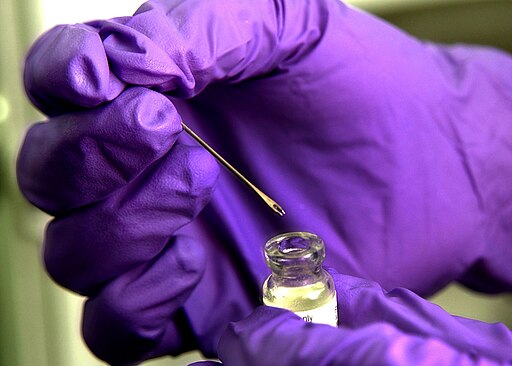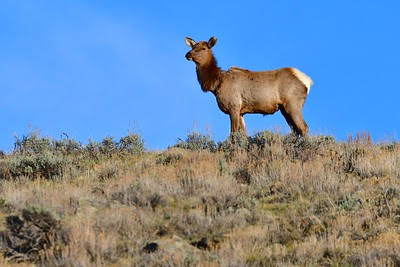The World Health Organization (WHO) today announced that it has granted emergency use listing for Japan’s LC16m8 mpox vaccine, the second mpox vaccine to receive the designation since the group declared a public health emergency of international concern regarding outbreaks in Africa.

The step paves the way for countries to receive doses and for children, hit hard by the virus in countries such as the Democratic Republic of the Congo (DRC) and Burundi, to receive doses. Japan had stockpiled the vaccine, which was used in 1974 to vaccinate children.
Japan had earlier announced the donation of 3.05 million doses to the DRC, along with needles used for vaccine administration, the largest to date amid the current outbreaks in Africa.
Filling a gap for people ages 1 to 12
The WHO’s Technical Advisory Group recommended the vaccine for use in people older than 1 year as a single dose using a bifurcated (two-pronged) needle. However, because the vaccine is minimally replicating, it is not recommended for pregnant women or for people who have immunocompromising conditions, including certain people living with HIV.
Yukiko Nakatani, MD, PhD, assistant director-general for access to medicines and health products, said, “WHO emergency use listing of the LC16m8 vaccine against mpox marks a significant step in our response to the current emergency, providing a new option to protect all populations, including children.”
The currently authorized vaccine, Bavarian Nordic’s Jynneos, is indicated for use in people ages 12 and older.











